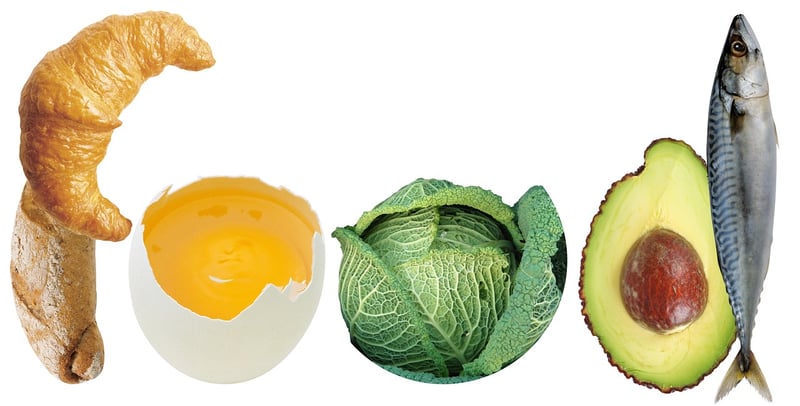Nutrient Deficiencies
Identifying and Addressing Plant Nutrient Deficiencies
Healthy plants are crucial for a vibrant garden or lush indoor space. However, plants can sometimes suffer from nutrient deficiencies, leading to stunted growth, yellowing leaves, and poor flowering. Understanding how to identify and address these issues is essential for plant health. Here's a guide to help you tackle nutrient deficiencies in your plants.
Common Nutrient Deficiencies
Plants require various nutrients to thrive, including nitrogen, phosphorus, potassium, magnesium, calcium, and more. Here are some common nutrient deficiencies and their symptoms:
- Nitrogen (N): Yellowing of older leaves
- Phosphorus (P): Poor root development and purplish leaves
- Potassium (K): Brown scorching and curling of leaf tips
- Magnesium (Mg): Yellowing between leaf veins
- Calcium (Ca): Blossom end rot in tomatoes
Diagnosing Deficiencies
When you observe abnormal symptoms in your plants, it's crucial to diagnose the specific nutrient deficiency correctly. Conduct a soil test to determine nutrient levels and pH. Additionally, closely examine the plant's leaves for characteristic signs of deficiencies.
Addressing Deficiencies
Once you've identified the lacking nutrient, you can take several steps to address the deficiency:
- Soil Amendments: Add fertilizers or organic matter rich in the deficient nutrient.
- Foliar Sprays: Apply nutrient-rich solutions directly to the leaves for quick absorption.
- Adjust pH: Modify the soil pH to enhance nutrient availability.
- Water Management: Ensure proper watering to prevent nutrient leaching.
Preventing Future Deficiencies
Maintain plant health by practicing good gardening habits:
- Rotate crops to prevent nutrient depletion.
- Use compost to enrich the soil with organic matter.
- Monitor plants regularly for early signs of issues.
- Follow a balanced fertilization schedule.
By staying vigilant and providing your plants with the necessary nutrients, you can ensure a thriving and beautiful garden.


Remember, healthy plants lead to a happier environment for you and your loved ones!
